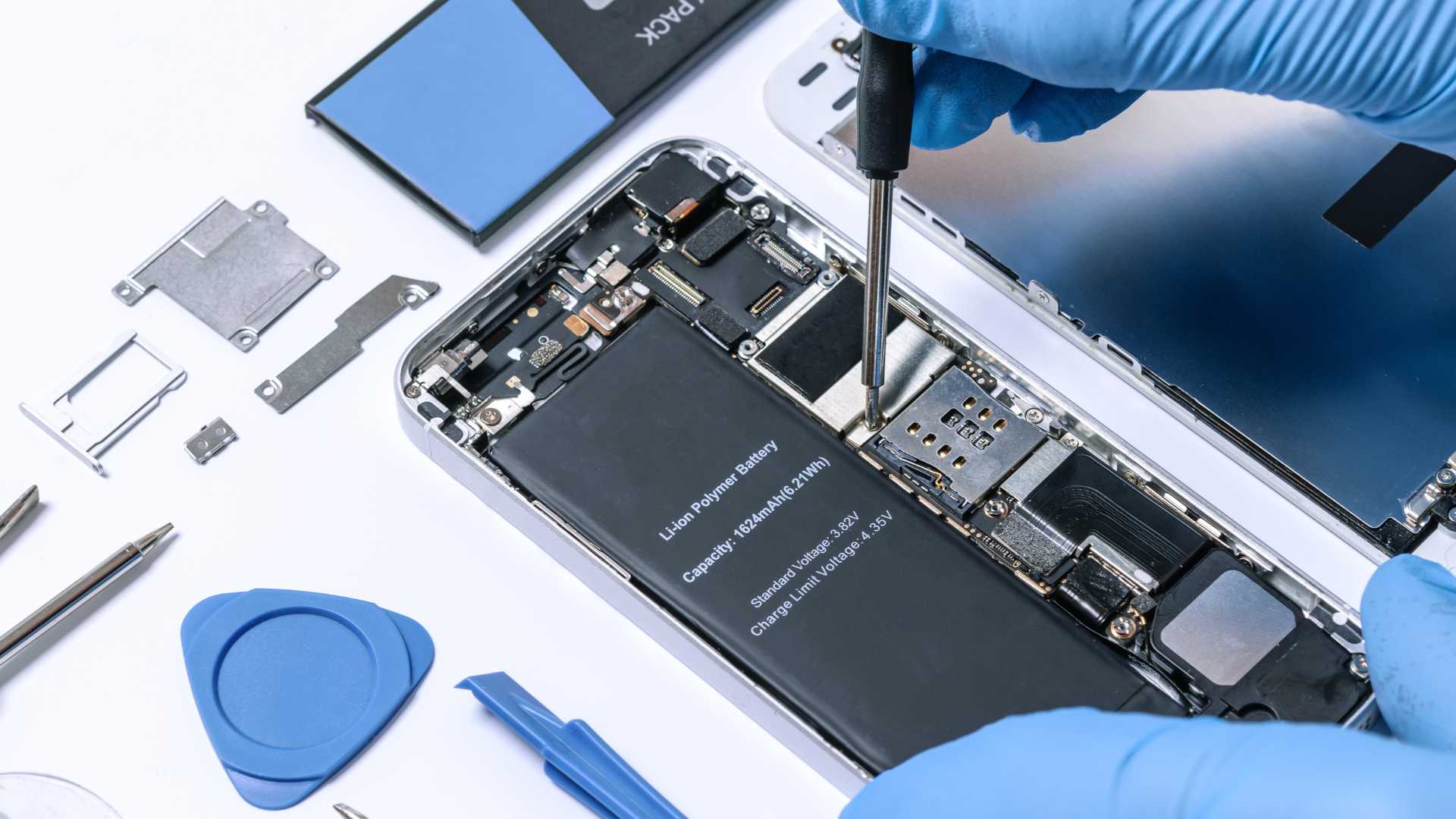Battery Technology Companies
In the realm of renewable energy and modern technology, battery technology companies form the pillar of innovation, advancing from the dominant lithium-ion batteries to more pioneering and sustainable energy storage solutions. The following section delves into the key players in this vibrant market and the upcoming startups making notable strides.
Key Players in the Market
Notable entities govern the battery technology market, employing various techniques to enhance efficiency. Tesla, Inc, a leading multinational corporation, sets the pace with cutting-edge lithium-ion batteries. They revolutionized electric vehicles, their impressive energy density becoming a benchmark for competitors. Panasonic Corporation also holds significant market share thanks to its competitive prismatic and cylindrical lithium-ion batteries, flaunted in personal computers and electric vehicles.
Another titan, Contemporary Amperex Technology Co. Limited (CATL), boasts a broad portfolio of energy storage solutions popular in China’s booming electric vehicle sector. LG Chem joins the fray with compact and lightweight batteries, which earned it a lucrative contract supplying Tesla’s electric vehicle battery packs.
Emerging Startups to Watch
While seasoned companies dominate, startups nudge the technological frontiers, attempting to outdo traditional lithium-ion technologies. QuantumScape, a California-based startup, is exploring the potential of solid-state batteries, promising significant strides in energy density and safety.
Similarly, Sila Nanotechnologies is pushing boundaries with silicon anode batteries, touting improved energy storage and longer lifespan. It’s collaborating with big car manufacturers for possible applications in electric vehicles. Another standout prospect, Northvolt, a Swedish-based startup, is making its mark in establishing Europe’s first homegrown supply chain for lithium-ion battery cells, a critical move amid Europe’s shift towards low carbon economies. In this landscape of established companies and daring startups, the future of battery technology holds thrilling potential.
Innovations in Battery Technology
Innovative technologies continue transforming the battery industry. Lithium-ion technology persists in making strides, while alternative solutions show promise.
Advances in Lithium-Ion Batteries
Advancements in lithium-ion technologies enhance both efficiency and safety. Contemporary research enables even greater energy density, leading to extended battery life for electronic devices. Tesla, a renowned industry player, invests in developing more energy-dense lithium-ion batteries, promising longer vehicle ranges as a result. For example, their latest 4680 cells offer a 5x increase in energy capacity and a 6x increase in power.
Breakthroughs also extend to improving safety measures of these batteries. Refinements in battery design lower the risks of overheating and fire hazards, often associated with older lithium-ion battery models. Panasonic’s solutions, for instance, incorporate ‘heat-resistant layer’ technology, drastically reducing the chances of thermal runaway.
Silicon anodes represent a further innovation in lithium-ion batteries. Companies like Sila Nanotechnologies pioneer this technology, replacing traditional graphite anodes with silicon, allowing batteries to hold more energy and fast-charge.
Alternative Battery Technologies
As the search for sustainable, high-performance batteries intensifies, alternative technologies are emerging. Solid-state batteries stand as a revolutionary solution in the field. Operating without liquid electrolytes, they significantly lower chances of flames and explosions. QuantumScape, backed by Volkswagen, aims to commercialize solid-state batteries boasting superior energy density and safety.
In a quest for greener solutions, bio-batteries are also gaining traction. Using enzymes or bacteria to generate power, these batteries eliminate the need for toxic chemicals and metals, offering a truly eco-friendly alternative.
Sodium-ion batteries also surface as a potential alternative to lithium-ion batteries. Companies like CATL are exploring this avenue due to the abundant availability of sodium, rendering them a cost-effective and sustainable option.
Northvolt, a Sweden-based startup, has identified recycling as a key pillar for sustainable battery production. They’re directing efforts towards a comprehensive recycling solution for lithium-ion batteries, closing the loop on battery life-cycle and mitigating environmental impacts. In essence, they’re contributing to what can be termed as ‘circular battery technology’.
Battery technology companies are at the forefront of a renewable energy revolution. They’re not just changing the game, they’re reinventing it. Companies like Tesla, Panasonic, and CATL are leading the charge, with startups like QuantumScape, Sila Nanotechnologies, and Northvolt hot on their heels. The future of battery technology is bright, and it’s clear these companies aren’t just part of the conversation, they’re driving it.
